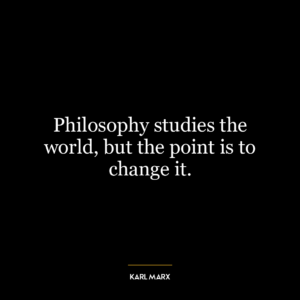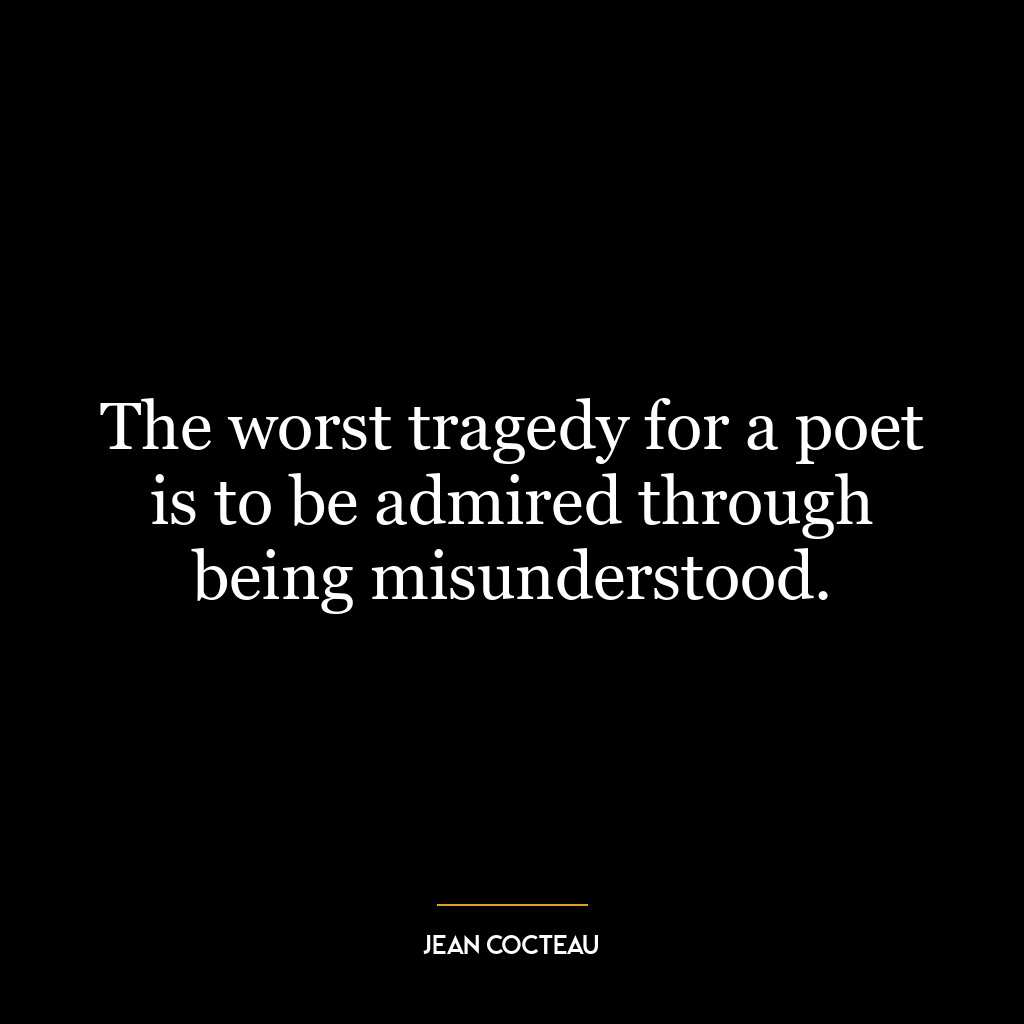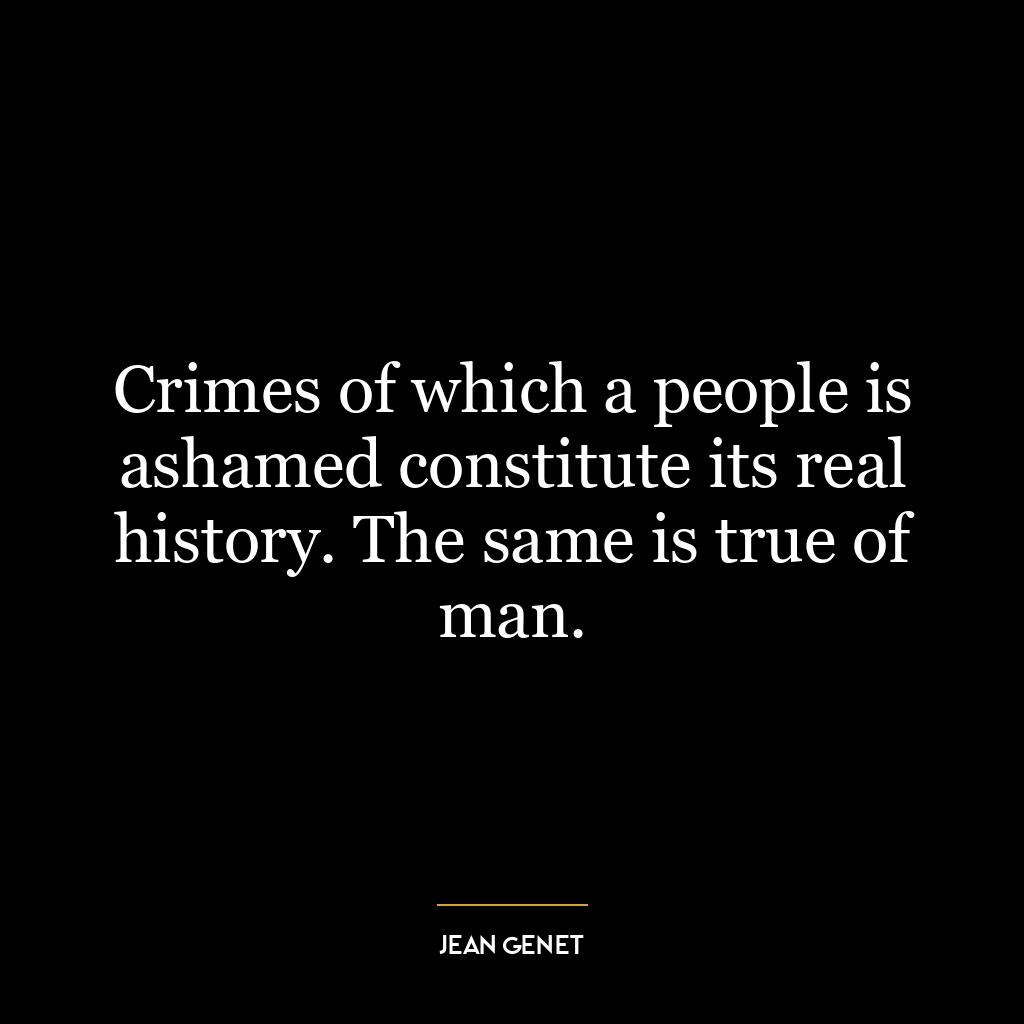This quote suggests that history has a cyclical pattern, where events tend to recur in different forms over time. Initially, these events occur as a tragedy, which is a serious, disastrous incident that evokes a sense of sorrow or despair. However, when these events repeat themselves, they become a farce, or a ridiculous sham that is laughable due to its absurdity.
Marx is emphasizing the human tendency to not learn from past mistakes. The first time a historical event happens, it’s a tragedy because people are caught off guard and suffer. However, when the same event repeats itself, it becomes a farce because people should have learned from the first occurrence to prevent the recurrence. The fact that they didn’t, and the same tragedy is allowed to happen again, makes it a farce – a comedy of errors.
Applying this concept to today’s world, we might consider the economic crashes that have happened over time. The Great Depression was a tragedy, with millions losing their jobs and suffering extreme poverty. However, when the 2008 financial crisis occurred, with similar causes rooted in irresponsible financial practices, it could be seen as a farce. Despite the lessons that should have been learned from the Great Depression, the same mistakes were repeated, leading to another economic disaster.
In terms of personal development, the quote can be interpreted as a call to learn from our past mistakes. If we make a mistake once, it’s a tragedy. However, if we repeat the same mistake, it becomes a farce. It suggests that we haven’t learned or grown from our past experiences. For example, if someone keeps falling into the same toxic relationships, the first time might be a tragedy, but if it keeps happening, it becomes a farce, indicating a failure to learn from past experiences. Thus, the quote can serve as a reminder of the importance of self-reflection, learning, and personal growth.












